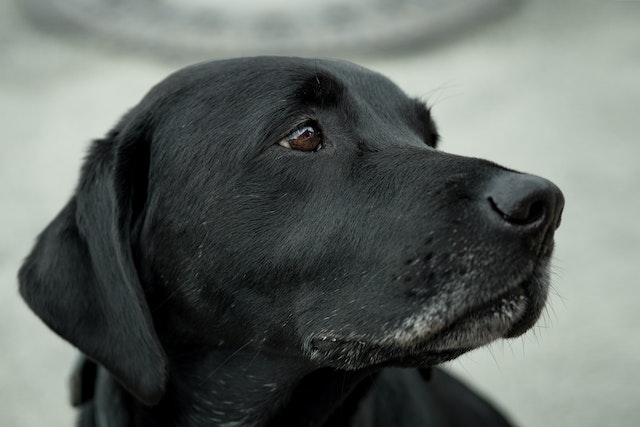- 23 June 2023
- 218
Preventing Future Ear Infections in Your Dog: Tips and Tricks

Preventing future ear infections in your dog is crucial for their well-being. Here are some tips and tricks to help you in this endeavor:
- Regular Ear Checks: Make it a habit to regularly inspect your dog’s ears. Look for any signs of redness, swelling, discharge, or foul odor. Early detection allows for prompt treatment and prevention of infection escalation.
- Keep the Ears Clean and Dry: Maintain good ear hygiene by cleaning your dog’s ears as recommended by your veterinarian. Use a gentle, vet-approved ear cleaning solution and follow the instructions provided. Ensure the ears are thoroughly dried after baths or swimming to prevent moisture accumulation.
- Avoid Excessive Moisture: Excessive moisture can create a favorable environment for bacterial or yeast overgrowth. Use caution when bathing your dog, ensuring that water does not enter the ear canal. If necessary, use a cotton ball to gently plug the ears during baths.
- Dry Ears After Water Activities: After your dog has been swimming or playing in water, thoroughly dry their ears with a clean towel. You can also use a pet-safe ear-drying solution recommended by your veterinarian to help remove excess moisture.
- Allergen Management: Allergies can contribute to ear infections in dogs. Identify and manage any allergens that may affect your dog, such as certain foods, environmental factors, or parasites. Consult with your veterinarian for appropriate allergy testing and management strategies.
- Avoid Irritants: Minimize exposure to potential irritants that can lead to ear infections. These can include certain grooming products, chemicals, or environmental pollutants. Use gentle, dog-specific products and keep the environment clean to reduce potential irritants.
- Regular Grooming: Proper grooming practices can help prevent ear infections. Regularly trim the hair around your dog’s ears to promote airflow and prevent the trapping of debris or moisture. However, be cautious not to trim too closely or irritate the sensitive ear structures.
- Maintain a Healthy Diet: A balanced and nutritious diet supports your dog’s overall health, including their immune system. Ensure your dog is on a high-quality diet recommended by your veterinarian to promote their immune system’s ability to fight infections effectively.
- Regular Veterinary Check-ups: Schedule routine veterinary check-ups for your dog. Regular examinations allow the vet to monitor your dog’s ear health, identify any potential issues early on, and provide preventive measures or treatments as necessary.
Remember, every dog is unique, and the preventive measures may vary based on their specific needs. Consulting with your veterinarian is crucial for personalized guidance and recommendations to help prevent future ear infections in your dog.

